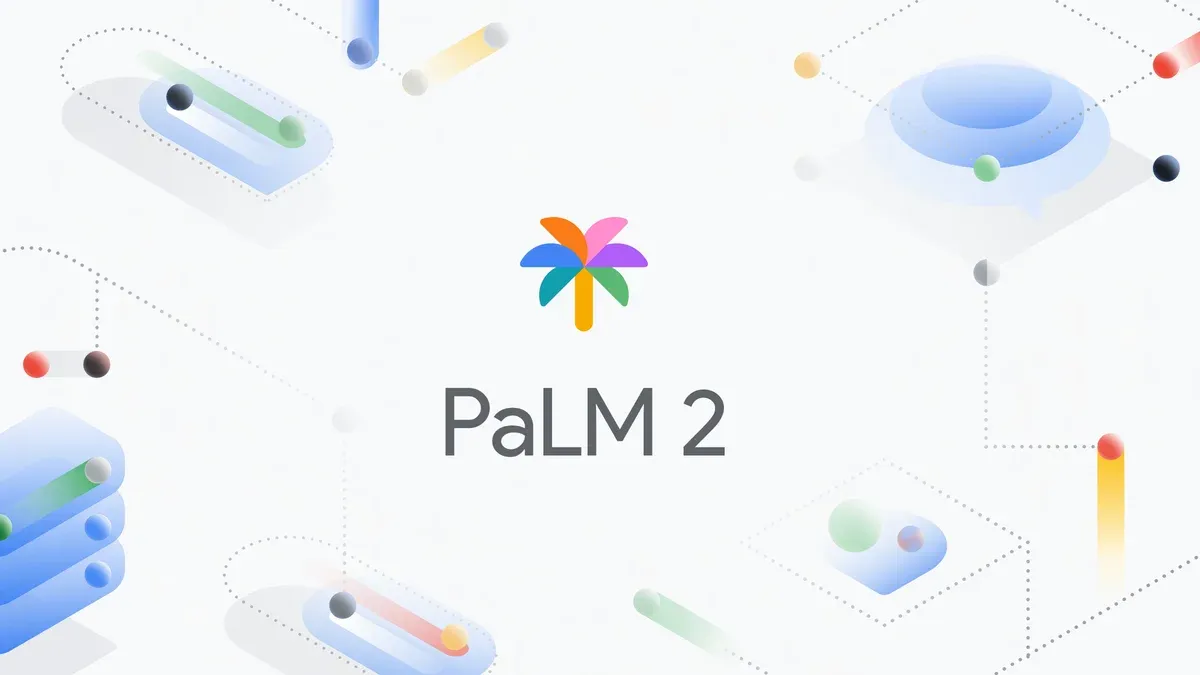Google has publicized the wide availability of its innovative AI services grounded on Vertex AI, their own machine learning platform as a service (ML PaaS). This move equips businesses and organizations with the ability to harness the platform's functionalities within their respective applications.
A New Horizon for Developers with Vertex AI
The newest upgrade provides developers with access to numerous fresh tools and models. These include the word completion model propelled by PaLM 2, the Embeddings API for various texts, and foundational models found within the Model Garden. Additionally, developers are able to fine-tune and deploy customized models via the Generative AI Studio.
Significantly, Google guarantees that Vertex AI is fortified with enterprise-grade data governance, security, and safety features. Such a promise aims to instil confidence in customers, thereby encouraging them to modify foundation models with their own data and subsequently build generative AI applications.
Comprehensive Model Repository and Codey Preview
Google's Model Garden offers customers the opportunity to access and assess foundational models from Google and its partners. Currently, the platform features over 60 models, with a commitment to incorporating newer models in the future.
The Codey model, particularly suited for code completion, generation, and chat, has also been introduced for public preview following its announcement at the Google I/O conference.
Vertex AI: A Toolkit for AI Builders
Apart from offering reinforcement learning with human feedback (RLHF), Vertex AI provides a comprehensive set of tools for builders to fine-tune, launch, and manage models effectively. As Generative AI Studio is now widely available, users can utilize a broader range of tools, including multiple tuning methods for large models, accelerating the construction of custom generative AI applications.
AI Success Stories: GA Telesis, GitLab, Canva, and Others
Google has also shared stories of customers effectively leveraging its generative AI platform. GA Telesis, for instance, utilizes the PaLM model on Vertex AI to develop a system that uses email orders to auto-generate quotes for its customers. GitLab's feature, 'Explain this Vulnerability,' uses the Codey model on Vertex AI to provide developers with an understandable description of code flaws and remedial suggestions. Moreover, Canva, the online design platform, aids non-English speaking users with Google Cloud's generative AI translations. It is also exploring ways to utilize PaLM technology for transforming short video clips into lengthier, compelling narratives.
Enhanced Enterprise Search on Gen App Builder
In a related development, Google has simplified the use of Enterprise Search on Generative AI App Builder (Gen App Builder). This empowers companies to use generative AI along with Google’s semantic search technologies to create their own chatbots and search engines. Additionally, the Gen App Builder includes starter kits for popular generative AI use cases.
Google's Commitment to Data Privacy and Responsible AI
Google reassures its customers about the safety of their data, emphasizing that Vertex AI and Gen App Builder do not compromise control over data. Additionally, the company adheres to stringent data protection measures during data transit and storage, and asserts it will neither share nor use customer data for training its models.
Google’s approach to developing and testing new models is grounded in its Responsible AI Principles. These principles ensure user security, proficient data management, and robust access controls, reinforcing the trusted standards that Google Cloud customers have grown to expect.
The Emergence of Competitive Cloud Providers in Generative AI
The field of Generative AI, which facilitates the creation of new content through machine learning, is witnessing increased competition among cloud providers. Google's announcement of Vertex AI's general availability provides customers with an additional platform choice. Meanwhile, Microsoft is also solidifying its position in this domain by aligning with OpenAI and making considerable investments, thus enabling customers to select the most suited platform for their specific business requirements.
Innovations and Business Implications of Google's AI Platform
Google's latest advancement in Generative AI services undeniably presents several exciting opportunities for businesses and organizations. Developers, for instance, can harness the new suite of tools and models, including the word completion model driven by PaLM 2 and various foundational models from the Model Garden.
These enhancements aim to improve productivity and application versatility. Google's reassurance of data governance and security within the Vertex AI platform further adds to its attractiveness, providing customers with the confidence to customize foundation models with their data and to construct generative AI applications.
Building Generative AI Applications at an Accelerated Pace
With the introduction of Generative AI Studio, users have access to a more extensive range of tools that facilitate the building of custom generative AI applications at a faster pace. This is especially beneficial for companies looking to gain a competitive edge by rapidly deploying AI-enhanced services or products.
The integration of RLHF in Vertex AI marks a significant milestone, as it signifies the platform's ability to improve model accuracy via human feedback. This feature further reinforces the appeal of Google's AI platform as it underscores the potential for continuous improvement and accuracy in model predictions.
Practical Applications and Future Prospects
Google's showcase of case studies demonstrating successful use of its generative AI platform indicates its practical implications in diverse sectors. For instance, GA Telesis' use of the PaLM model to develop an automatic quote generation system signifies the potential for AI in automating routine tasks, thereby saving time and reducing human error.
Likewise, GitLab's innovative use of the Codey model to provide natural language descriptions of code flaws and suggestions for fixes points to the potential of AI in improving code quality and development speed. Other companies such as Canva and Typeface also demonstrate the myriad possibilities for AI applications, ranging from language translation to video content enhancement.
Competing in the AI Landscape
The broad accessibility of Vertex AI highlights Google's determination to compete in the rapidly evolving AI market. By enabling customers to choose from a multitude of platforms, the company allows for an environment where the best solution can be chosen based on specific business needs.
As AI continues to transform various sectors, the competition among cloud providers is expected to intensify. Microsoft's collaboration with OpenAI and significant investment in this field signifies the high stakes involved. As these advancements unfold, businesses across all industries will need to adapt quickly to the fast-paced evolution of AI technologies, harnessing these tools to drive their competitive advantage.







